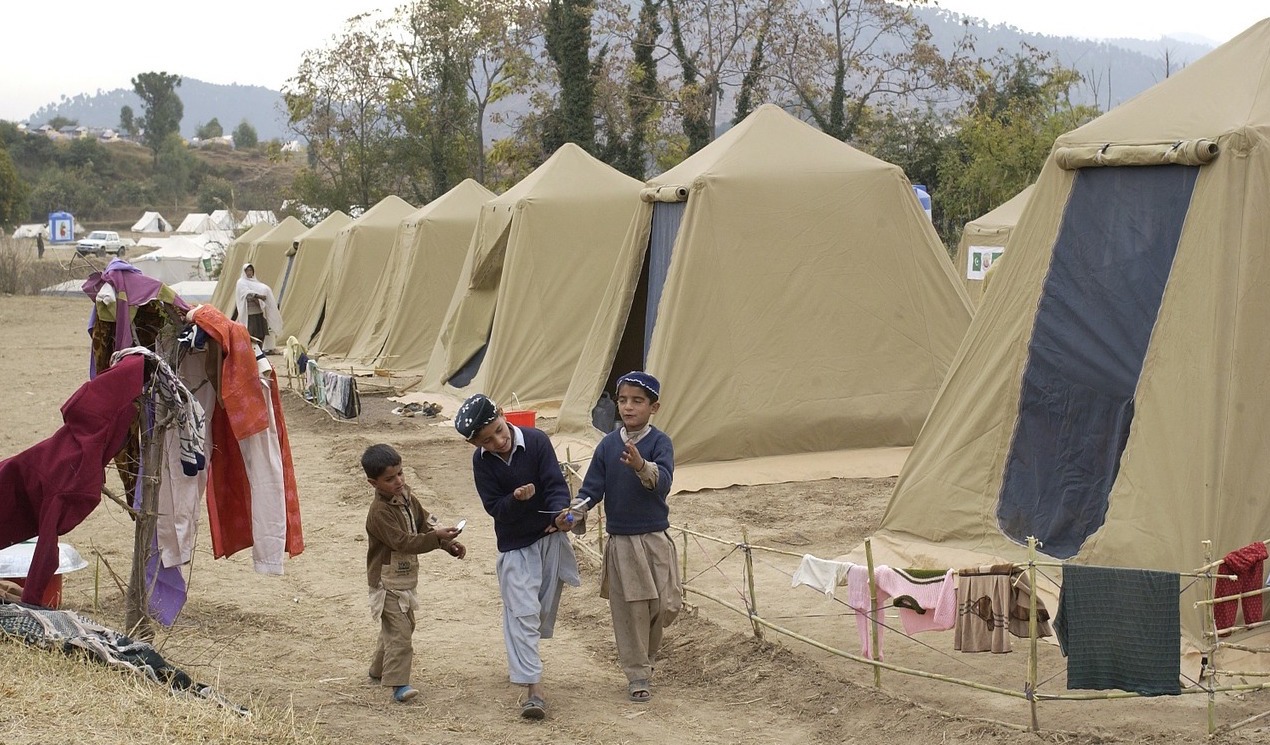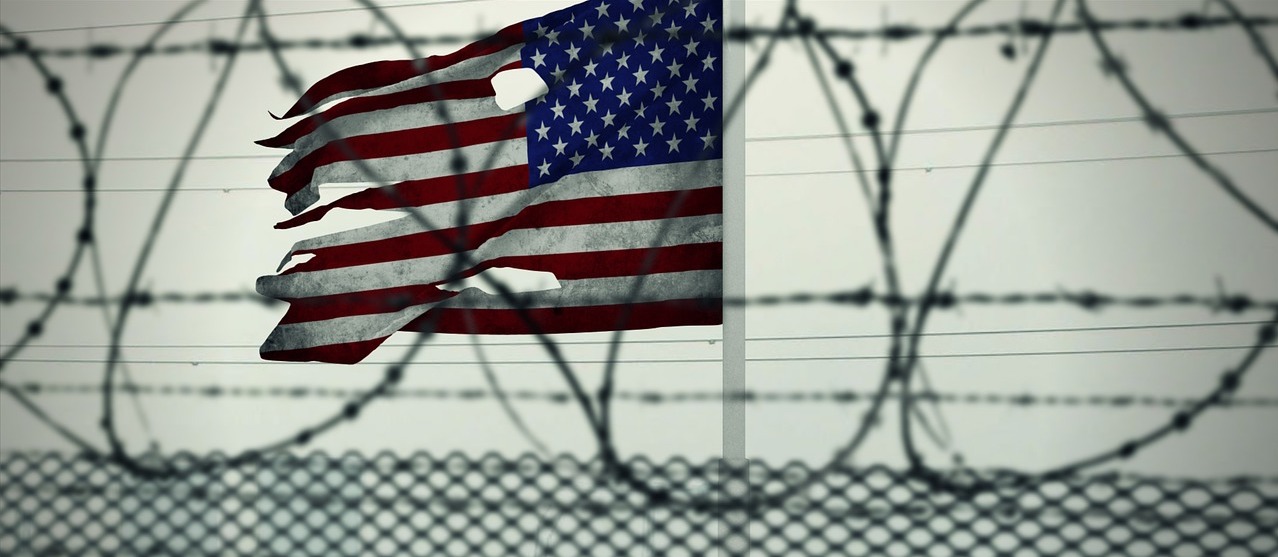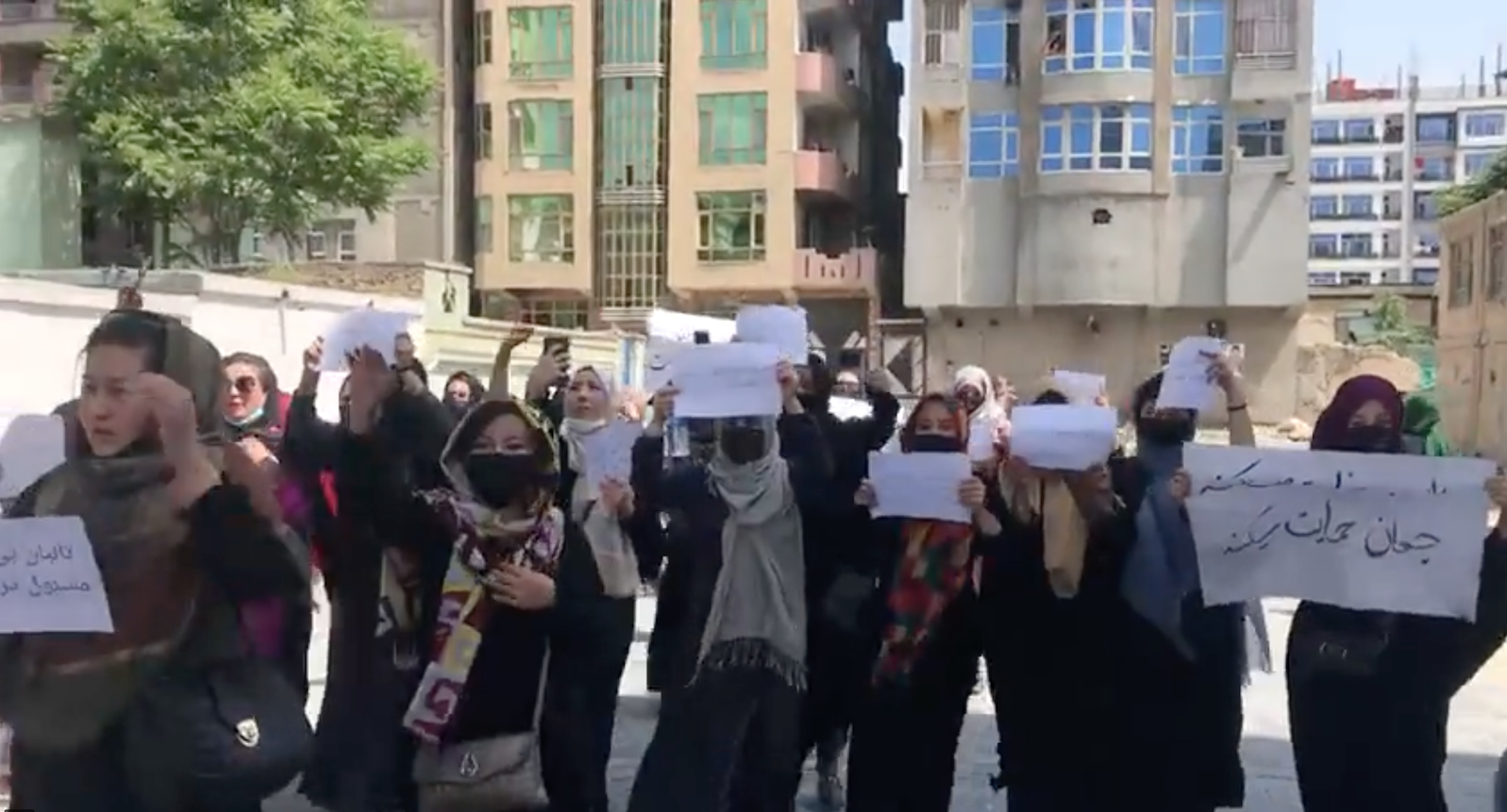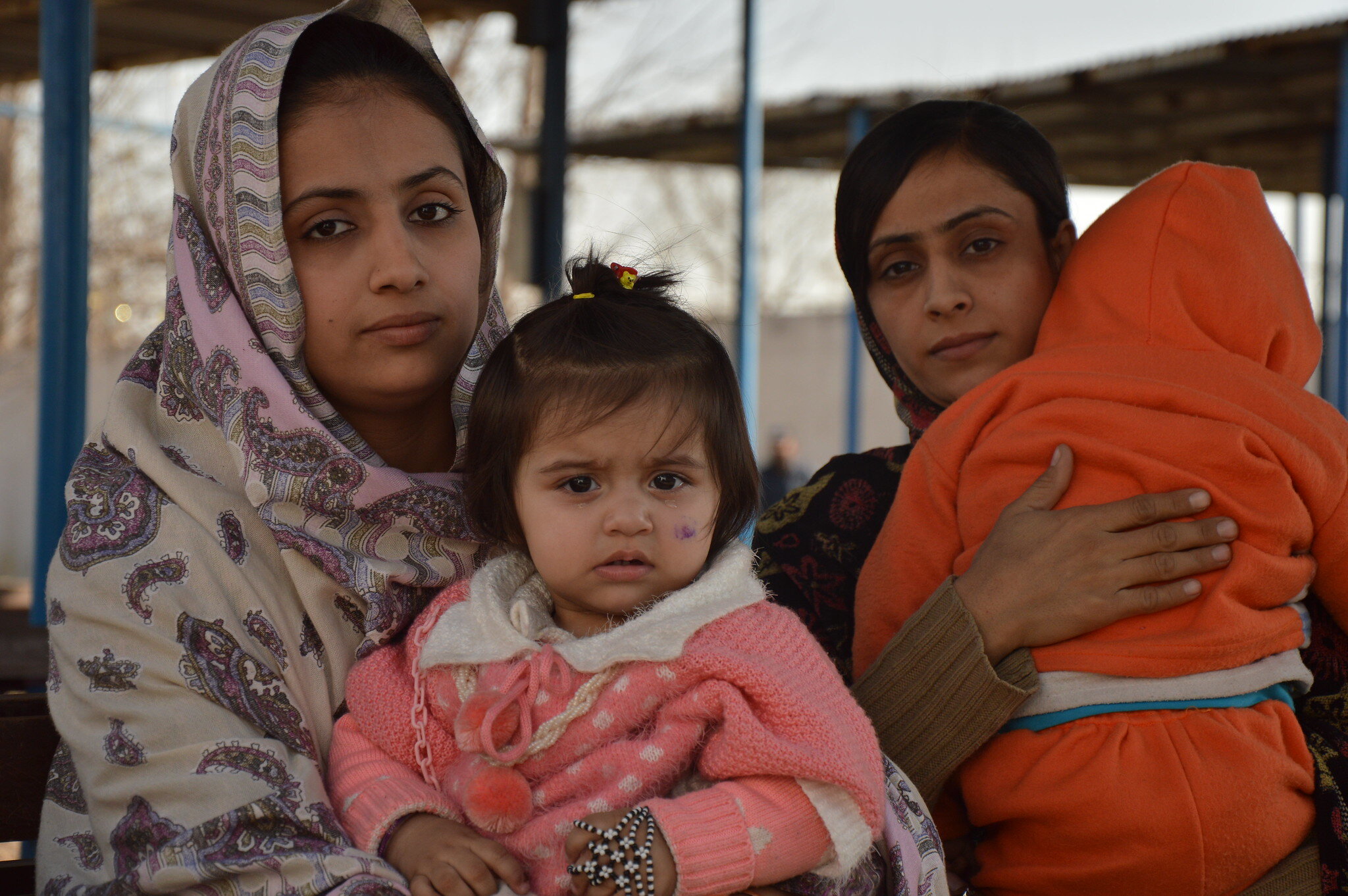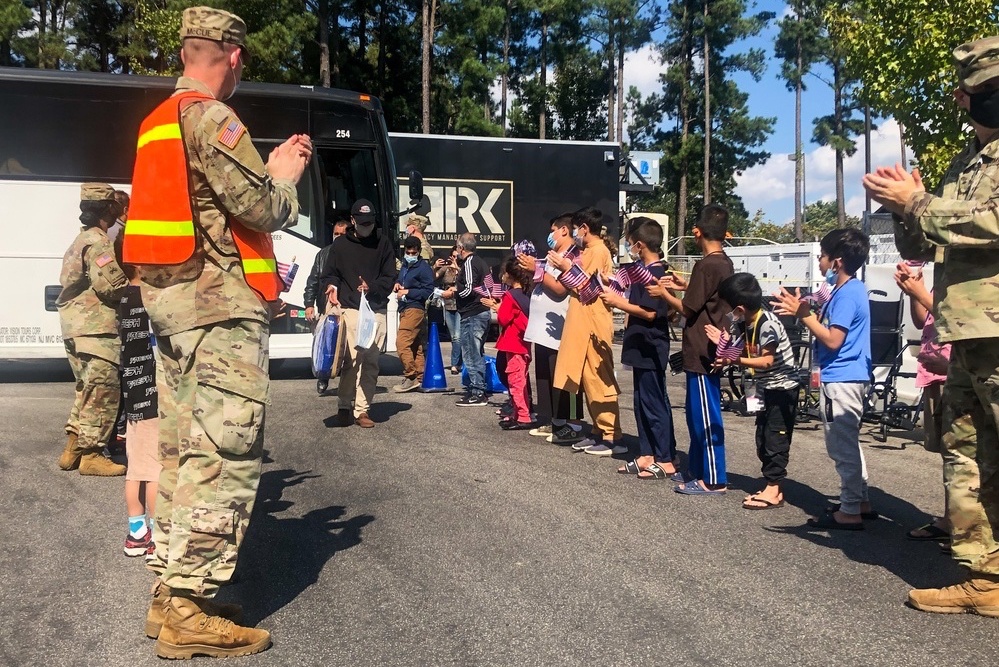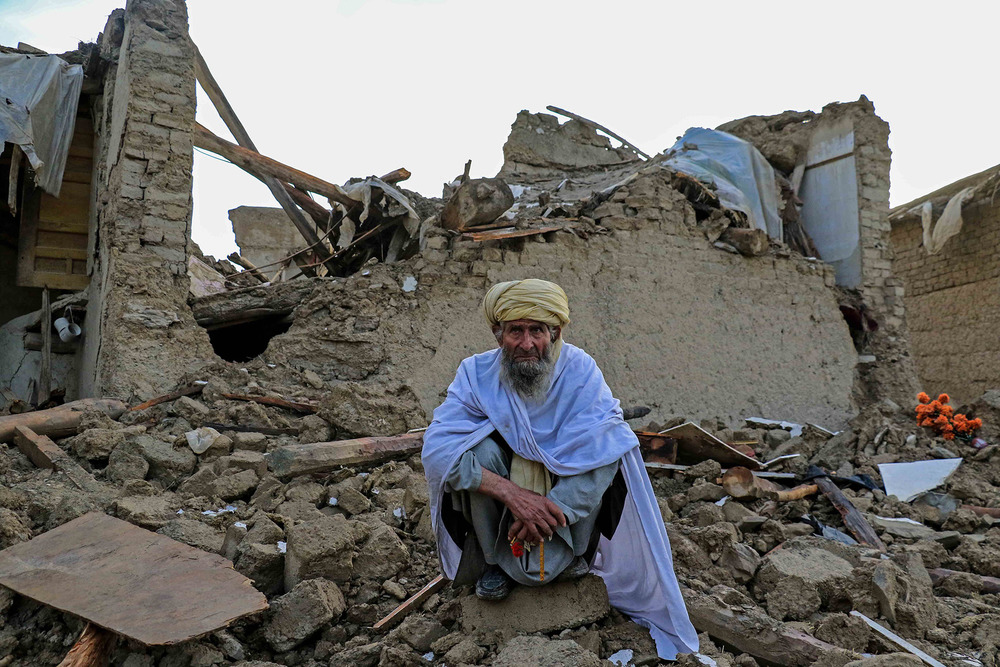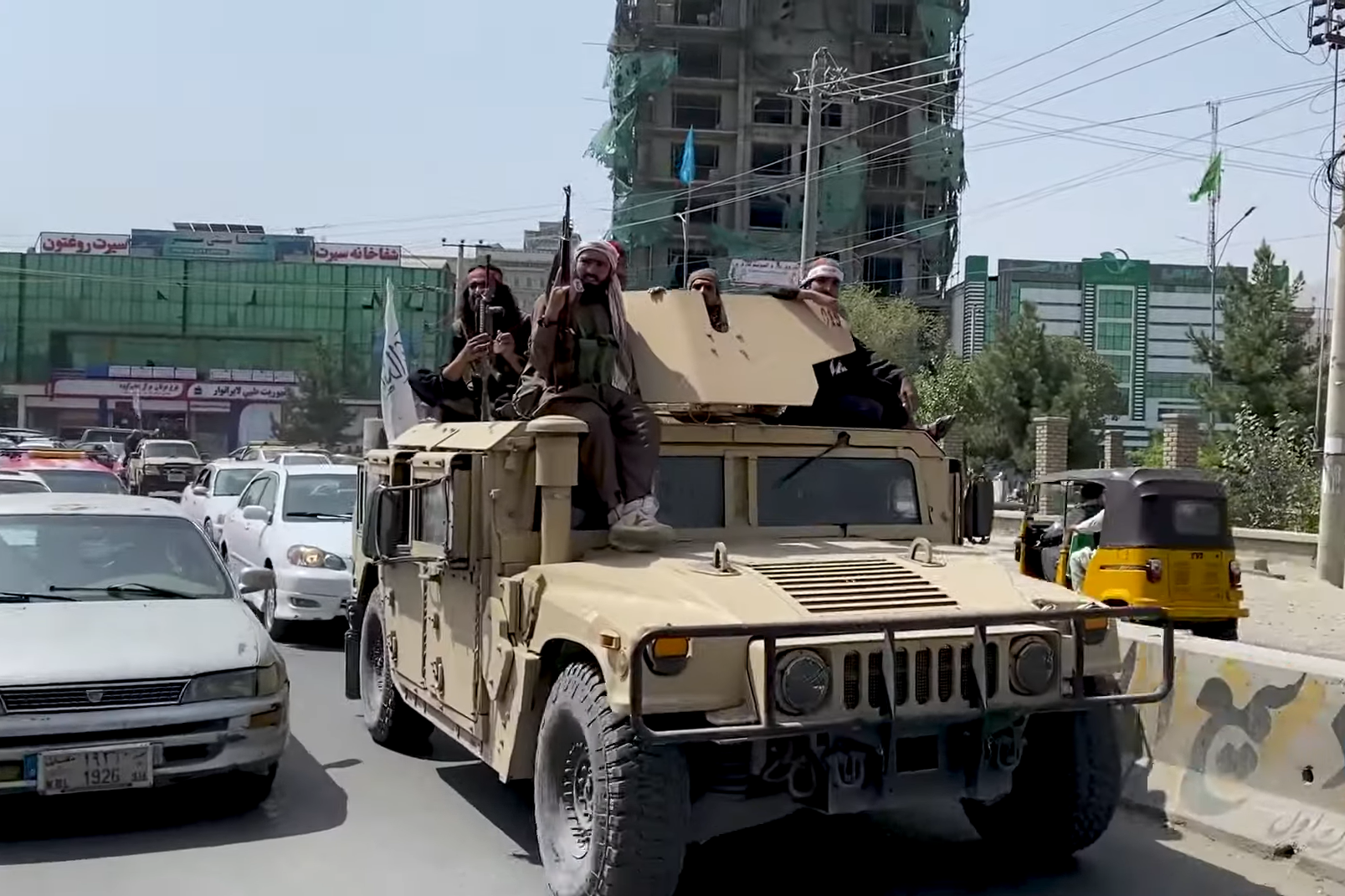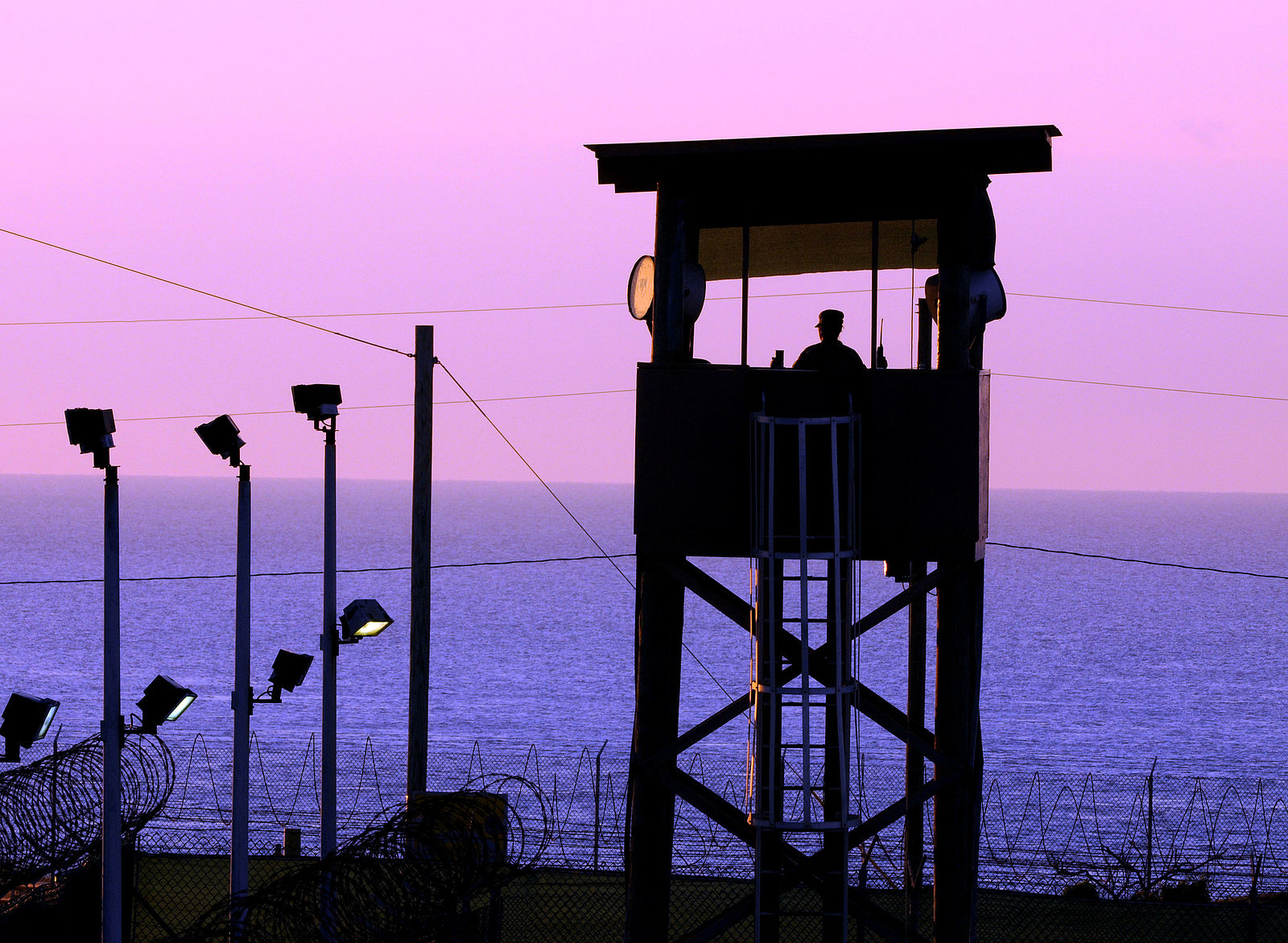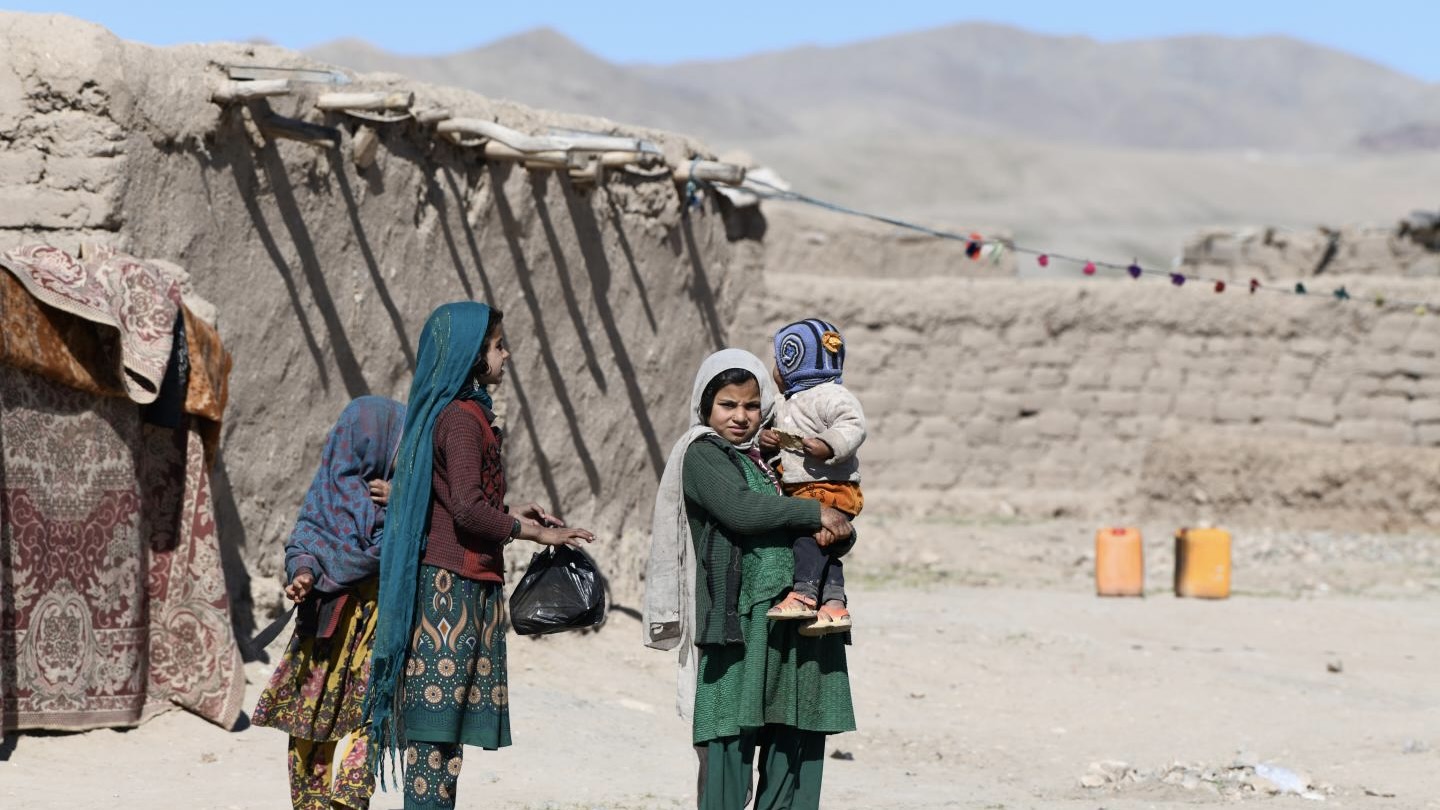
Women’s rights at issue as Taliban seek recognition
Roza Otunbayeva, the UN’s special representative for Afghanistan, told the Security Council that the Taliban’s continued restrictions on women made it “nearly impossible” for the international community to recognize it as a legitimate government. In particular, Otunbayeva referred to an April edict banning Afghan women from working with the UN—a follow-up to an earlier ban on them working for local or international NGOs. However, the “Islamic Emirate,” as the Taliban prefers to be known, continues to push for international recognition, most recently at a stakeholder meeting convened on the matter in Oslo. (Photo: UNICEF)



